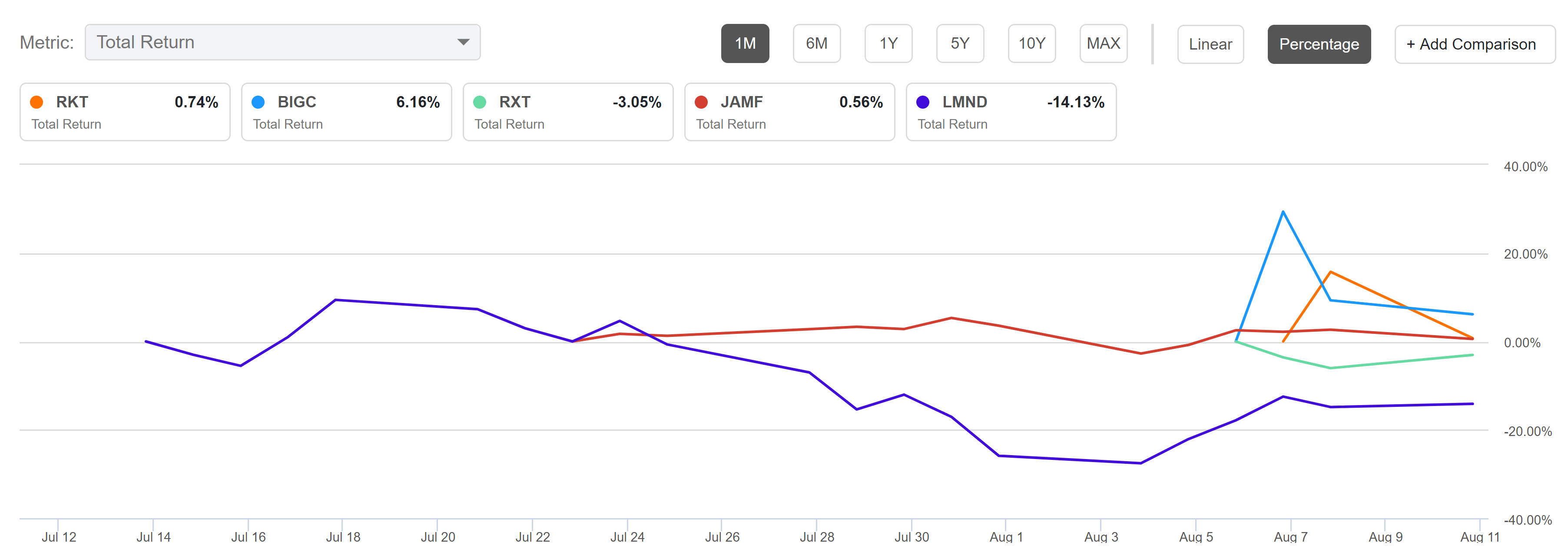Table of ContentsEverything about What Is Position Bond FinanceThe How Do I Calculate The Yield To Call Of A Bond Using Business Finance Online PDFsGetting The How To Find Bond Price On Yahoo Finance To WorkThe 9-Minute Rule for What Is The Coupon Bond Formula In Finance
Services aren't the only entities that can issue bonds. Governments and municipalities offer them also. Let's take a look at how these kinds of bonds vary. Advertisement Government Bonds: To money programs, meet their payrolls and basically pay their expenses, governments problem bonds. Bonds from steady governments, such as the United States, are considered exceptionally safe financial investments.

The U.S. federal government releases its own bonds from the treasury and from a number of federal government firms. Those growing in less than one year are known as T-bills. Bonds that develop in one to 10 years are T-notes, and those that take more than 10 years to mature are treasury bonds. Sometimes, you do not have to pay state or regional income taxes on the interest they make.
Munis financing things like healthcare facilities, schools, power plants, streets, office structures, airports, bridges and so on. Municipalities usually provide bonds when they require more money than they collect through taxes. The advantage about municipal bonds is that you don't need to pay federal income taxes on the interest they make.
While corporate bonds are a greater threat than federal government bonds, they can earn a lot more cash. There's likewise a much larger choice of corporate bonds. The downside is that you do need to pay federal earnings tax on the interest they make. Particularly when purchasing corporate bonds, it is necessary to think about how dangerous the bond is.
You can investigate the company's financial situation to see how solid its prospects are. This includes examining things like money circulation, financial obligation, liquidity and the company's organisation plan. As enjoyable as it sounds to look into these things, the majority of us don't have the time or skills to analyze a corporation's monetary scenario properly.

Their professionals investigate a company's situation and determine a bond ranking for the business. Every ranking service has its own formula for measuring threat and its own kind of ranking scale. Usually, rating scales are defined in letter grades, where an AAA rating designates a safe, low-risk bond, and a D score designates a high-risk bond.
federal government bonds, are generally low-yield bonds. You can depend upon getting a payout however that payment will be small. what is position bond finance. On the other side of the spectrum, you have what's not-so-affectionately known as, which are low-rated, high-risk bonds. In order to lure investors into buying these risky scrap bonds, the issuing companies assure high yields.
A Biased View of How Do I Calculate The Yield To Maturity Of A Bond Using Business Finance Online
However if you do, you could earn money in spades. Still not sure about a few of the terms related to bond financial investment? Take a look at the glossary on the next page.
Bonds are loans made to big companies. These consist of corporations, cities, and national federal governments. A private bond is a piece of a massive loan. That's since the size of these entities needs them to borrow cash from more than one source. Bonds are a type of fixed-income financial investment. The other types of investments are cash, stocks, commodities, and derivatives.
They vary according to who provides them, length till maturity, rate of interest, and danger. The best are short-term U.S. in order to finance a new toll bridge. Treasury costs, but they likewise pay the least interest. Longer-term treasurys, like the benchmark 10-year note, provide somewhat less risk and marginally greater yields. SUGGESTIONS are Treasury bonds that protect against inflation.
They return a little bit more than Treasuries however are a bit riskier. Business bonds are provided by companies. They have more threat than federal government bonds due to the fact that corporations can't raise taxes to spend for the bonds. The risk and return depend on how credit-worthy the business is. The greatest paying and greatest danger ones are called junk bonds.
Till then, the customer makes agreed-upon interest payments to the bondholder. People who own bonds are also called financial institutions or debtholders. In the old days, when people kept paper bonds, they would redeem the interest payments by clipping vouchers. Today, this is all done digitally. Of course, the debtor repays the principal, called the face value, when the bond grows.
They can only do this because there is a secondary market for bonds. Bonds are either openly traded on exchanges or offered privately in between a broker and the creditor. Since they can be resold, the value of a bond fluctuates till it grows. Think Of The Coca-Cola Company desired to obtain $10 billion from investors to acquire a large tea company in Asia.
It issues each bond at a par value of $1,000 and promises to pay pro-rata interest semi-annually. Through a financial investment bank, it approaches investors who buy the bonds. In this case, Coke requires to sell 10 million bonds at $1,000 each to raise its wanted $10 billion before paying the charges it would incur. Each $1,000 bond is going to get $25.00 per year in interest.
What Is Bond Indenture In Finance - The Facts
If all works out, at the end of ten years, the original $1,000 will be returned on the maturity date and the bond will disappear. Bonds settle in 2 ways. First, you get income through the interest payments. Of course, if you hold the bond to maturity, you will get all your principal back.
You can't lose your financial investment unless the entity defaults. Second, you can benefit if you resell the bond at a higher price than you bought it. In some cases bond traders will bid up the price of the bond beyond its stated value. That would take place if the net present value of its interest payments and principal were greater than alternative bond investments.
Lots of private investors prefer to let a knowledgeable fund supervisor choose the very best choice of bonds. A bond fund can likewise minimize danger through diversity. This way, if one entity defaults on its bonds, then only a small part of the investment is lost. Some bonds, called zero-coupon bonds, do not distribute interest income in the kind of checks or direct deposit but, instead, are provided at a specifically computed discount rate.
Over the long run, bonds pay out a lower return on your financial investment than stocks. Because case, you might not make enough to outpace inflation. Investing just in bonds may not enable you to conserve enough for retirement. Business can default on bonds. That's why you require to inspect the bondholder's S&P scores.
They could quickly default. They must provide a much higher rates of interest to draw in purchasers. Although generally considered "safe," bonds do have some danger. Credit risk describes the probability of not receiving your promised principal or interest at the contractually ensured time due to the issuer's inability or objection to disperse it to you.
The outright greatest investment-grade bond is a Triple-A ranked bond. There is always an opportunity that the federal government will enact policies, purposefully or inadvertently, that cause extensive inflation. Unless you own a variable rate bond or the bond itself has some sort of built-in defense, a high rate of inflation can damage your purchasing power.
When you invest in a bond, you know that it's probably going to be sending you interest earnings frequently. There is a risk in this, however, because you can not forecast ahead of time the precise rate at which you will have the ability to reinvest the cash. If rate of interest have actually dropped substantially, you'll have to put your fresh interest earnings to work in bonds yielding lower returns than you had been taking pleasure in.
What Is A Bond Finance Can Be Fun For Everyone
This suggests that as soon as you get them, you might have a hard time selling bonds at top dollar. This is among the factors it is generally best to limit the purchase of private bonds for your portfolio to bonds you mean to hold up until maturity. For lots of people, valuing bonds can be confusing.
To put it simply, the more need there is for bonds, the lower the yield. That seems counter-intuitive. The reason lies in the secondary market. As people demand bonds, they pay a greater price for them. But the interest payment to the shareholder is repaired; it was set when the bond was first sold.
Put another way, the cost they paid for the bond yields a lower return. Investors typically demand bonds when the stock market becomes riskier. They are prepared to pay more to avoid the greater risk of a plummeting stock market. Considering that bonds return a set interest payment, they look appealing when the economy and stock market decline.